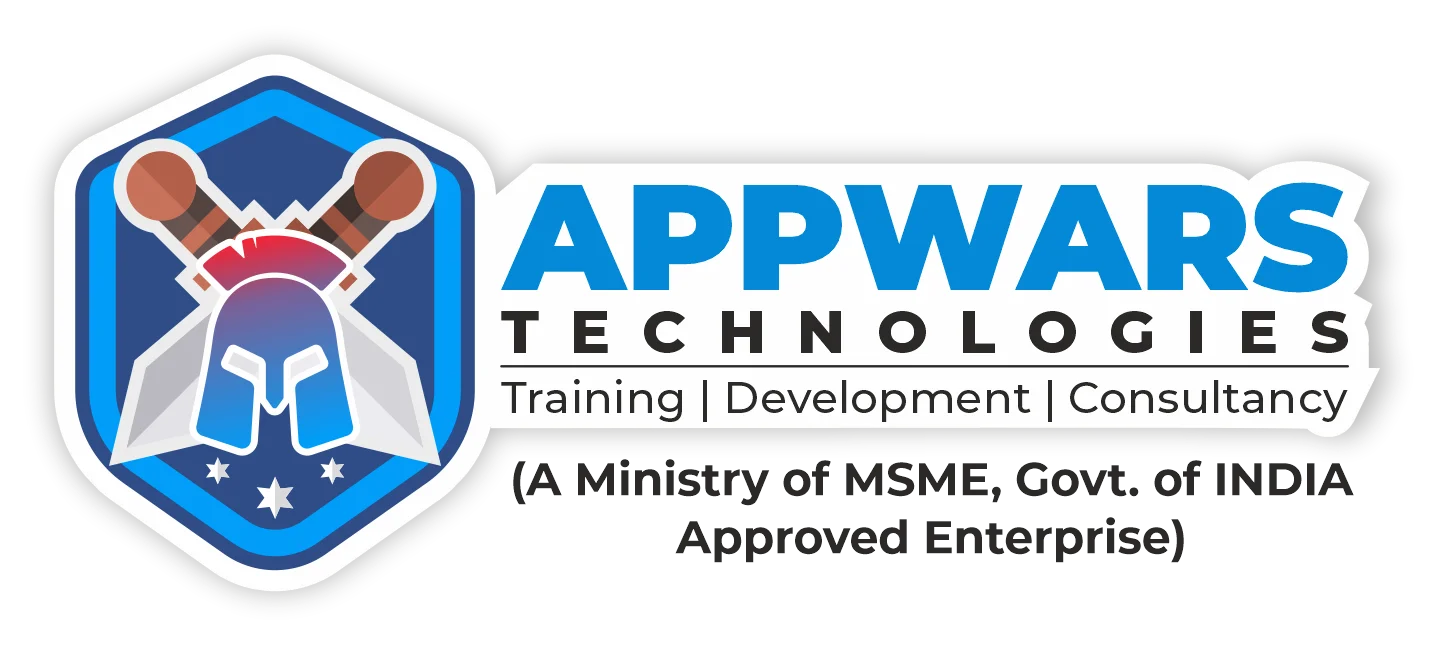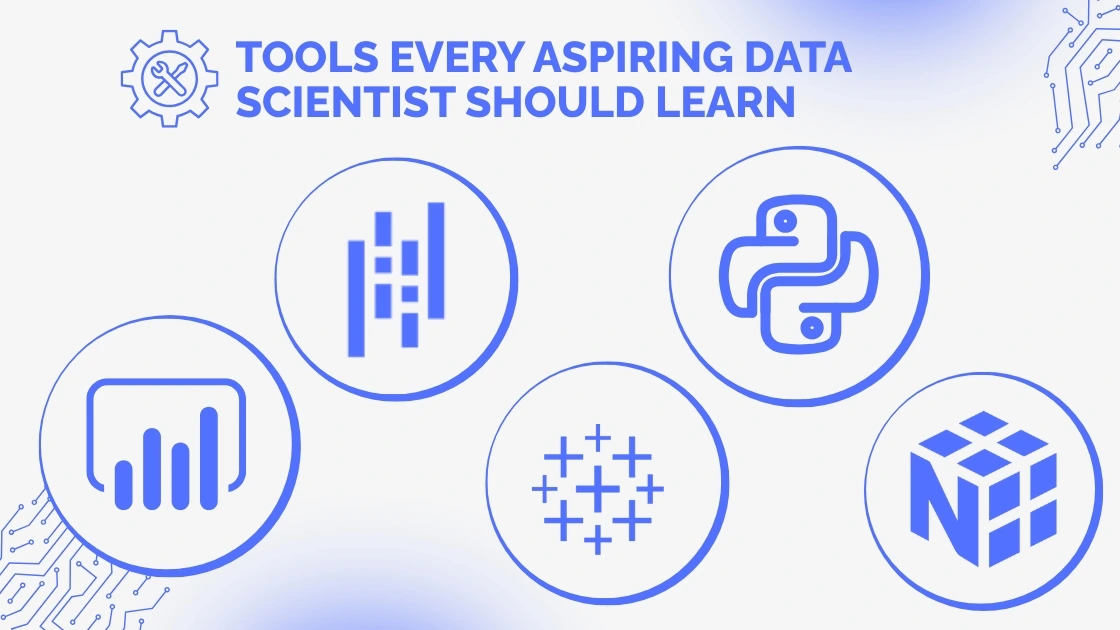In today’s fast-paced and technologically driven world, the information technology (IT) industry stands as one of the most dynamic and opportunity-rich sectors. With advancements in technology influencing nearly every aspect of modern life, IT careers offer a promising future. However, choosing the right career path within the IT industry can be challenging due to its vast scope and rapidly evolving nature. Whether you’re a student, a recent graduate, or someone looking to switch careers, this blog will guide you through the process of selecting a fulfilling and successful career in IT.
1. Understand the IT Industry
Before diving into a career in IT, it’s essential to understand what the industry entails. IT encompasses a wide range of roles, including software development, data analysis, cybersecurity, cloud computing, network administration, and more. Each of these fields plays a critical role in building and maintaining the digital infrastructure that powers businesses, governments, and personal devices worldwide.
Some key areas of the IT industry include:
- Software Development: Creating applications, websites, and systems that solve problems or entertain users.
- Data Science and Analytics: Analyzing and interpreting complex datasets to inform decisions and strategies.
- Cybersecurity: Protecting systems and data from cyber threats and breaches.
- Cloud Computing: Designing and managing scalable, on-demand computing resources.
- IT Support and Networking: Ensuring the smooth operation of hardware, software, and network systems.
2. Assess Your Interests and Strengths
Choosing a career in IT begins with self-assessment. Reflect on your interests, skills, and long-term goals. For example:
- Are you passionate about solving problems and coding? Software development or web development might be a good fit.
- Do you enjoy analyzing patterns and working with numbers? Data science could be ideal.
- Are you intrigued by cybersecurity and ethical hacking? A career in cybersecurity might be your calling.
- Are you good at troubleshooting and understanding technical systems? IT support or networking could be your niche.
3. Research IT Roles and Their Requirements
Each role in the IT industry comes with specific skills, qualifications, and responsibilities. To make an informed decision, research various IT roles:
- Job Descriptions: Understand what the role entails.
- Skills Required: Note technical and soft skills needed, such as programming languages, analytical thinking, or communication.
- Educational Path: Some roles may require a bachelor’s degree, certifications, or hands-on experience.
- Salary Expectations: Consider potential earnings and growth opportunities.
- Future Scope: Research whether the role aligns with industry trends.
4. Gain Relevant Skills and Certifications
The IT industry values skills and practical knowledge over formal education alone. Depending on your chosen field, acquire relevant skills through courses, certifications, and self-study. Some popular certifications include:
- CompTIA A+ and Network+: For IT support and networking.
- AWS Certified Solutions Architect: For cloud computing.
- Certified Ethical Hacker (CEH): For cybersecurity.
- Google Data Analytics Certificate: For data analysis.
- Microsoft Certified: Azure Fundamentals: For cloud services.
- PMP (Project Management Professional): For IT project management.
Many platforms, such as Coursera, Udemy, LinkedIn Learning, and AppWars Technologies, offer online courses to help you upskill.
5. Build Hands-On Experience
Practical experience is invaluable in the IT field. Here are some ways to gain experience:
- Internships: Work with companies to gain real-world exposure.
- Freelancing: Take up small projects to showcase your skills.
- Personal Projects: Build a portfolio by creating applications, websites, or other IT solutions.
- Hackathons and Competitions: Participate in coding challenges and tech competitions to refine your abilities.
- Open Source Contributions: Collaborate on open-source projects to gain experience and network with other professionals.
6. Seek Mentorship and Networking Opportunities
Building connections within the IT community can provide valuable insights and opportunities. Consider:
- Joining Professional Associations: such as IEEE, ACM, or local tech groups.
- Attending Meetups and Conferences: Stay updated with trends and meet like-minded professionals.
- Seeking Mentors: Connect with experienced individuals for guidance and career advice.
- Utilizing LinkedIn: Build a professional profile and engage with the IT community.
7. Stay Updated with Industry Trends
The IT industry evolves rapidly, making it essential to stay informed about the latest trends and technologies. Regularly update your knowledge by:
- Reading Tech Blogs and News: Follow platforms like TechCrunch, Wired, and GitHub.
- Enrolling in Advanced Courses: Keep learning new tools and technologies.
- Experimenting with Emerging Tech: Explore areas like AI, blockchain, IoT, and quantum computing.
8. Evaluate Work-Life Balance and Culture Fit
IT roles can vary significantly in terms of work-life balance, flexibility, and organizational culture. Some roles, like IT support, might require on-call hours, while others, like remote software development, may offer more flexibility. Consider the following:
- Remote vs. On-Site Work: Decide what suits your lifestyle.
- Startups vs. Established Companies: Startups may offer rapid growth but can be demanding, while established companies may provide stability.
- Team Dynamics: Ensure you align with the company’s values and culture.
9. Plan Your Career Path
Create a roadmap for your IT career by setting short-term and long-term goals. This may include:
- Starting as an entry-level developer or analyst.
- Gaining certifications to move into specialized roles.
- Transitioning into leadership or managerial positions over time.
- Pursuing advanced degrees or certifications to expand your expertise.
10. Leverage Resources from AppWars Technologies
At AppWars Technologies, we specialize in providing the tools and guidance you need to succeed in the IT industry. From skill development programs to mentorship opportunities, our resources are designed to help you make informed career choices and excel in your field. Explore our offerings to:
- Gain industry-relevant training.
- Access mentorship from experienced professionals.
- Build a strong foundation in your chosen IT domain.
- Network with peers and industry leaders.
Conclusion
Choosing a career in the IT industry is an exciting journey filled with opportunities for growth and innovation. By assessing your interests, acquiring relevant skills, gaining hands-on experience, and staying updated with industry trends, you can carve out a successful and fulfilling career. Remember, the IT industry values adaptability, problem-solving, and continuous learning. With determination and the right resources, such as those offered by AppWars Technologies, you can achieve your goals and thrive in this dynamic field.












